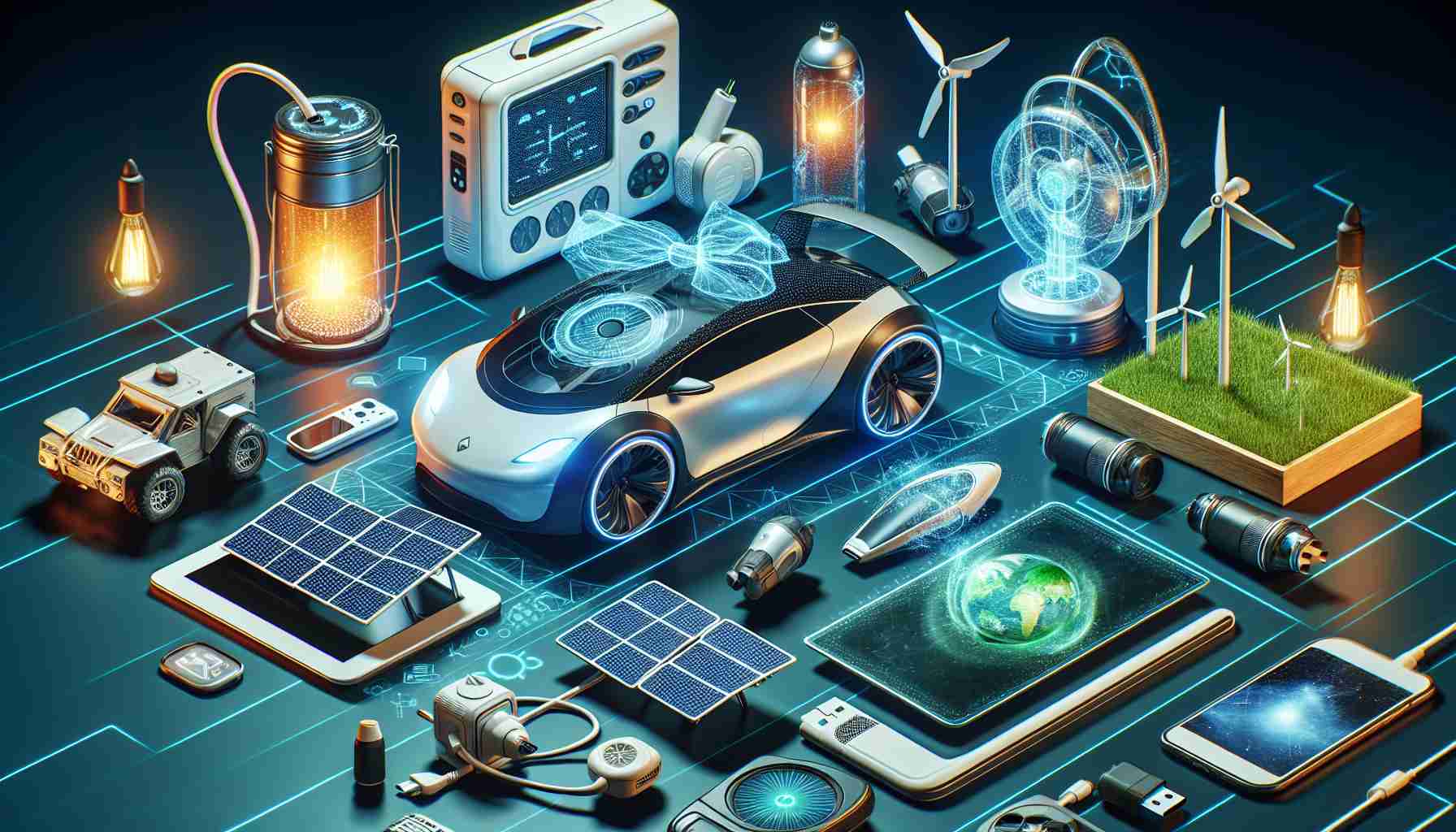Refurbished smartphones are becoming the go-to choice for environmentally conscious and budget-aware tech enthusiasts. Companies like Amazon are leading the charge with their “Renewed” line, presenting rigorously tested devices that rival new ones in capability.
In an age where sustainability is key, many consumers are veering away from the habit of purchasing new smartphones in favor of refurbished ones. This trend not only promotes an environmentally friendly lifestyle but also allows consumers to retain quality and functionality without straining their finances.
Businesses such as ReFit Global are amplifying the desirability of this market by ensuring each gadget passes through an exhaustive inspection phase, accompanied by extended warranty options. They are enlightening customers on the substantial savings, sometimes as steep as 70% less than brand-new counterparts, attainable when choosing refurbished devices from top-tier brands like iPhones.
Cashify is another platform making waves by enabling a bustling marketplace for buying and selling gently used electronics. They underline the virtues of a circular economy that not only gives new life to products but also contributes to a greener planet by minimizing waste.
Furthermore, ControlZ advocates for thoughtful consumption, revamping older smartphones and stressing the importance of sustainability in our tech habits. Croma, on the other hand, strategically offers both refurbished and new phones to persuade customers towards choices that are both financially prudent and kinder to the environment.
Turning to refurbished smartphones isn’t merely a passing trend—it’s the dawn of a conscious shift combining tech innovation with ecological responsibility. Through initiatives spearheaded by Amazon, ReFit Global, Cashify, ControlZ, and Croma, the roots of a sustainable technological landscape are firmly taking hold.
Pros of Choosing Refurbished Tech:
– Environmental Benefits: Choosing refurbished can significantly curb e-waste and preserve resources.
– Cost Efficiency: Substantial savings are common, with up to 70% off the price of new gadgets.
– Quality Assurance: Warranties and intensive testing are standard for peace of mind.
– Comparable Performance: Refurbished can mean updated to the latest software, maintaining high performance.
– Increased Accessibility: More consumers can afford high-end technology thanks to reduced prices.
Drawbacks to Consider:
– Reliability can vary based on the refurbishment process and provider.
– Potentially shorter lifespans due to prior use.
– Not always the latest model, could be several iterations behind.
– Limited selection for certain models.
– Persistent skepticism about purchasing refurbished items.
Challenges in Refurbished Smartphone Market:
– Guaranteeing the quality and longevity of these devices is paramount.
– Data security and proper data deletion are critical concerns.
– Standardization and certification processes for refurbishing are necessary for ethical and genuine eco-friendliness.
For more information on refurbished smartphones, you can visit Amazon through this [link](https://www.amazon.com/).
Important Questions and Answers Related to Eco-Friendly and Affordable Tech Options:
– Question: How does purchasing refurbished devices contribute to environmental sustainability?
Answer: It reduces e-waste by extending the life of existing devices and lessens the demand for newly manufactured ones, thereby conserving resources and reducing pollution.
– Question: What is a circular economy, and how do refurbished smartphones fit into this concept?
Answer: A circular economy is a regenerative system in which resource input and waste, emission, and energy leakage are minimized by slowing, closing, and narrowing energy and material loops. This can be achieved through long-lasting design, maintenance, repair, reuse, remanufacturing, refurbishing, and recycling. Refurbished smartphones support this by keeping electronics in use longer and diverting them from landfills.
– Question: What are key challenges in ensuring the quality of refurbished smartphones?
Answer: Challenges include setting and adhering to strict refurbishment standards, ensuring reliable battery performance, and providing accurate descriptions of device conditions.
Key Challenges or Controversies Associated with Eco-Friendly Tech Options:
– Transparency in the Refurbishment Process: There is often a lack of clarity regarding the process and extent of refurbishment, which can affect consumer trust and satisfaction.
– Consistency in Quality: Not all refurbished devices are created equal, and some may not go through as rigorous testing as others, raising concerns about quality and durability.
– Data Privacy: Ensuring the previous owner’s personal data is completely wiped out is a significant concern.
– Consumer Perception: There’s a stigma associated with pre-owned products that can deter some consumers from purchasing refurbished tech.
Advantages of Eco-Friendly and Affordable Tech Options:
– Environmental Preservation: Reduces the need for raw materials and lowers carbon footprint associated with manufacturing new devices.
– Affordability: Refurbished devices are often priced lower than new ones, making them more accessible to a broader range of consumers.
– Resource Efficiency: Relying on fewer resources for production helps in the conservation of critical raw materials.
– Inclusivity: More people can access modern technology, potentially reducing the digital divide.
Disadvantages of Eco-Friendly and Affordable Tech Options:
– Perceived Prestige: Some consumers still prefer owning the latest models for status, thus may not opt for refurbished devices.
– Limited Warranty: Refurbished electronics might come with more limited warranties compared to new products.
– Possible Defects: There is always a risk of encountering defects that weren’t identified or corrected during the refurbishment process.
For more information on adopting more environmentally friendly technology habits, you may find useful insights from organizations such as Greenpeace or The Ellen MacArthur Foundation, which advocate for sustainable practices including circular economy principles.
